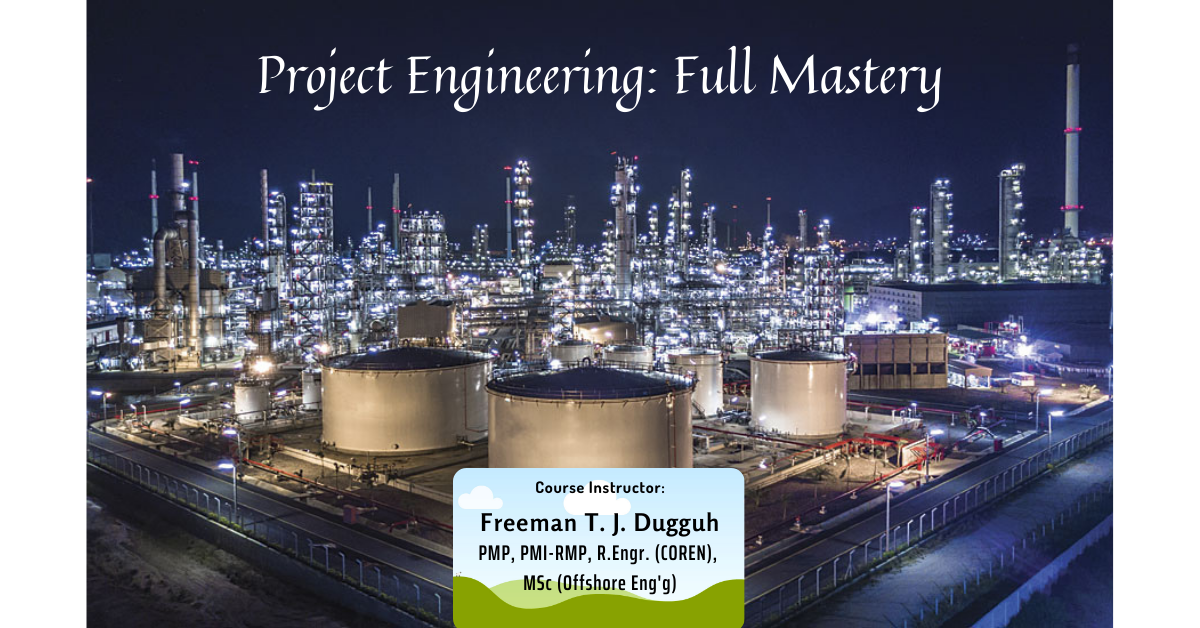Project Engineering Interviews

The following is a list of questions that may be asked at any Project Engineering/Management interview:
- From a project management perspective, what are the main objectives of FEED during an EPC project?
- What is the key difference between FEED and Detail Design?
- What is an Engineering Design Basis? What information does it contain and what is its purpose?
- In EPC projects, some plant equipment are designed by Process Engineers, others are designed by Mechanical Engineers, while others are designed by equipment vendors, why is this?
- At what stage is the HAZOP review performed? What is its main objective? And what is the main drawback of the HAZOP review, how is this drawback countered?
- What is the difference between an Engineering Drawing and a General Arrangement Drawing?
- What are the 3 main zones of an industrial facility?
- What factors are considered when setting out the layout of an offshore facility?
- What are the main considerations for equipment positioning in an oil & gas facility?
- What are the two most important factors that impact the safety of an industrial facility?
- What is a fire scenario envelope and why is it important in plant safety?
- How is explosion protection achieved in hazardous areas?
- What differentiates ENVID from EIA?
- Why is a hydrology study important for an onshore oil & gas facility?
- What conflict in priorities exists between process engineers and civil engineers when it comes to underground work in an industrial facility and how is this conflict managed?
- What factors are considered when deciding between steel and concrete for structures in an industrial facility?
- What is a material selection diagram and why is it important?
- What factors go into the decision to use carbon steel vs stainless steel (or other exotic alloys) during material selection?
- What is the basis as well as the objective of Piping Material Classes and their specification for industrial facilities?
- At what stages of the design process are the various Piping MTOs issued?
- What are the main purposes of the Piping Line Diagrams?
- What is the difference between a design Isometric Drawing and a Shop Isometric Drawing?
- What is the main objective of Piping Stress Analysis and what is the main output of the process? Who does this output go to?
- Who creates the 3D model of a plant? When is the model reviewed? What are the objectives of the model reviews? Who takes part in the model reviews? How do the model reviews impact project progress?
- Through what deliverables does the Process discipline communicate the Process Control Requirements of a facility to the Instrumentation & Control discipline? When should these deliverables be ready by the Process discipline in order not to slow down the Instrumentation & Control discipline's work?
- What is the main difference between the process shutdown system and the emergency shutdown system?
- What is the difference between the Integrated Control & Safety System and the Unit Control System?
- How does the timing of the Software Freeze and the Hardware Freeze impact the project schedule?
- What are the steps taken to manage Essential and Vital electrical consumers in an industrial facility?
- In what way does the electrical discipline contribute to the specification of mechanical equipment?
- Why is vendor data important on oil & gas projects? Which design disciplines are most impacted by the timing of the arrival of vendor data? What steps are taken to ensure the timely arrival of vendor data?
- Which activities constitute the critical path of EPC projects? What steps are taken to make the critical path as short as possible?
- Who are field engineers on EPC projects and what exactly is their role? What do they do?
You may have noticed that these questions are from all engineering disciplines that may be involved with an oil & gas EPC project, but they are asked from a project management perspective and their answers have important ramifications for project management decisions.
You will find the answers to all these questions and MUCH MORE in our Project Engineering Mastery course!
What's more? The answers to these questions are not only applicable to oil & gas projects. They are applicable to all industrial projects and process plants: fertiliser plants, all chemical plants, breweries/beverage production plants, even energy generation plants.
Many online and physical courses may teach you specific things in specific disciplines, but:
- No course combines everything in one course like our Project Engineering Mastery course;
- No course explains the logical sequence of engineering activities from beginning to end across all disciplines like our Project Engineering Mastery course.
- No course explains the flow of deliverables from one discipline to the other like our Project Engineering Mastery course.
- No course explains and shows samples of all the main deliverables in an EPC project, except our Project Engineering Mastery course.
- No course explains the engineering, project management, safety and economic logic behind all important decisions made in the planning and execution of industrial EPC projects, except our Project Engineering Mastery course.
- Above all, NO COURSE offers the depth and breadth of practical knowledge at a price as low as $30 or N15,000. You will only get that with our Project Engineering Mastery course.
This is really an opportunity you should not miss at this price. You can enrol for the Project Engineering Mastery course HERE.


